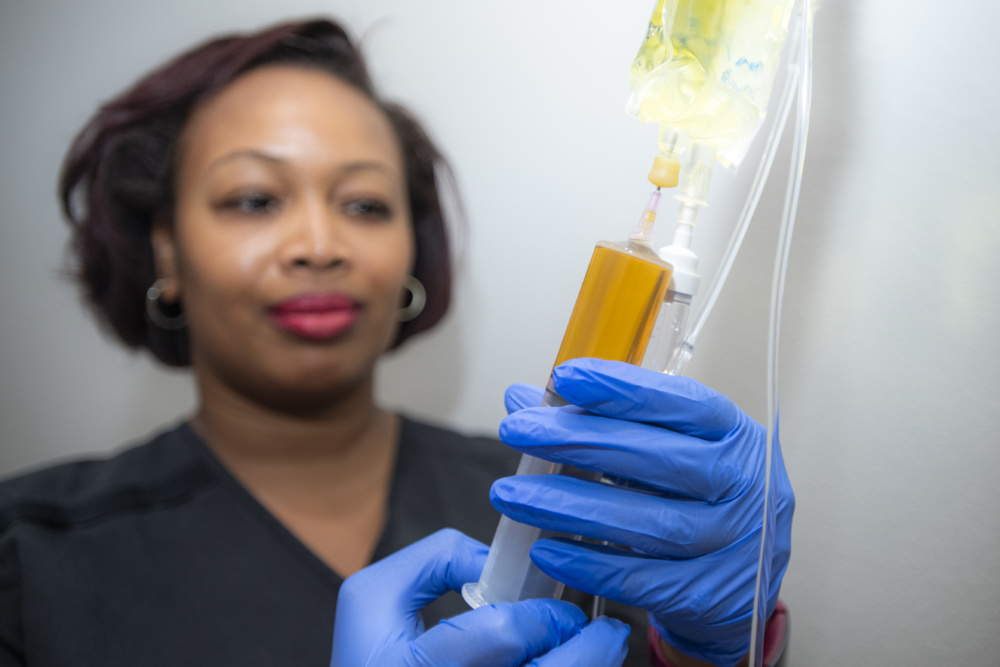DHR Bariatric and Metabolic Institute | How to Ensure Success after Weight Loss Surgery
Provided by DHR Health Bariatric and Metabolic Institute
Putting your body through a weight loss procedure is a major adjustment. There are going to be some significant changes taking place. You will need to follow certain guidelines and take particular measures to ensure success after weight loss surgery. As you begin to see results in your transformation process, things will become easier. You will find it less difficult to continue on your journey.
There will be differences for each individual, but some aspects will be the same for all involved in the post weight loss procedure healing process. It is absolutely imperative that you follow any instructions set forth for you by your physician. Not doing so can expose you to unnecessary risks. It can also prevent you from seeing the best possible results. Adhere strictly to your physician’s treatment plan and keep your scheduled follow up appointments.
Remain on your liquid diet until you have been given the go-ahead to move on to semi-solid foods and eventually to solid foods. In order to allow your new stomach pouch to adjust and heal properly, it is extremely important to follow the right timeline for moving from a liquid diet back to a healthy solid food diet.
During this time you will learn to eat less and gain an understanding of the new “full feeling” you will be experiencing. Those who try to move too quickly may become prone to vomiting. It is also possible to stretch your new stomach pouch and cause your overall results to be affected.
Once you are set to return to a solid food diet, you will still need to follow certain precautions to ensure you achieve the best results. First of all, be sure you eat two to three meals each day. This may seem difficult at first but should subside. If you continue to have trouble in this area you will need to call or pay your doctor a visit.
Your diet should be comprised of lean proteins such as white meats and fish, lean ground beef, low-fat dairy items, and eggs. Fatty foods such as gravies, mayonnaise, sauces, butter and margarine, and sweets should be avoided. Another no-no is snacking or drinking carbonated beverages like soda (even diet varieties) between meals. Steer clear of caffeine unless you have had at least 64 fluid ounces of water beforehand.
Your treatment plan will undoubtedly include a recommended exercise regime. It is in your best interest to follow it to the letter. After all, you have come so far. Not taking the necessary steps to ensure the success of your weight loss surgery would be a shameful waste in many ways.
For more information on DHR BMI please visit, rgvweightloss.com.







Recent Comments